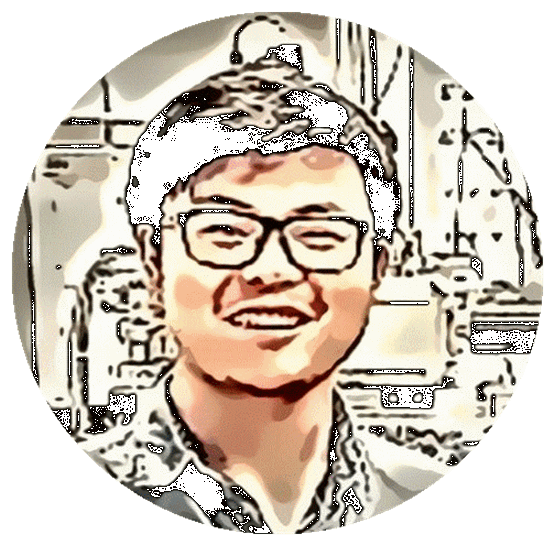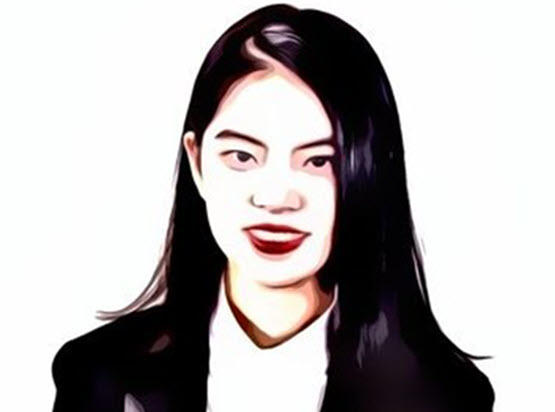The Kennepohl Research Group

Introducing our Research Group
The Kennepohl Research Group is a diverse team of researchers consisting of graduate students and undergraduates. We are always seeking highly motivated students at the undergraduate and graduate levels to complement our existing team, so reach out to connect.
Our Research Group Photo:
(* Indicates current research group member)
- Front Row (left to right): Chantal Mustoe, Weiying He*, Xing Tong*
- Back Row (left to right): Usman Jamshed, Pierre Kennepohl*, Hootan Roshandel, Alex Wang, Guillaume Lascoumettes
Professor Pierre Kennepohl, Principal Investigator
My research focusses on probing the relationship between electronic structure and reactivity in systems of importance in biological and chemical catalysis. Emphasis is placed on the application of element-specific spectroscopic techniques such as X-ray Absorption Spectroscopy (XAS) as a means of generating experimentally-validated electronic and geometric structure descriptions of catalytically relevant species. Our group is active in exploring the electronic structure of metal-dioxygen species, defining the role of ligand redox processes in the activation of late transition metal organometallic anticancer agents, probing the specific nature of sulfur-centered redox processes in biology, as well as exploring the role of transition metals as active biocidal agents.


Weiying He, PhD Student
Ph.D student (Chemistry), University of British Columbia (Pierre Kennepohl), 2016; B.Sc. (Chemistry), Sichuan University( Changwei Hu and Zhishan Su), 2012-2016.
Born and raised in a border city, Suifenghe, Heilongjiang. Weiying He has explored many areas in China, including Northeast, East and Southwest China. He has even experienced an exciting tour to Vancouver during his study period. After finishing his bachelor degree in Sichuan University, Chengdu, he came back to Prof. Pierre Kennepohl research group at the University of British Columbia in Vancouver to pursue his PhD since 2016. He has been focusing on the using Ni/Cu thiophene complexes with small molecules, exploring their important behaviors in Catalysis mechanism, committing himself to extend their applications. Thanks to Globalink Scholarship and generous fellowships supported by UBC, Weiying has the chance to study the small molecule system based on organometallic syntheses, diverse spectroscopic and computational methods. When not thinking about Science, Weiying likes to watch videos, learn more about photography while working on improving his language skills.
Pirouz Kiani, PhD Student
Content to follow

Schnitzel, Visiting Scholar
Schnitzel is our group mascot - she is a miniature Daschshund who joined the group in October 2013, only 2 months after her birth in Delta, BC. She is often found lying around in Pierre's office, chewing on objects such as shoes, door stops, pom poms, electrical wires, and anything else that you don't want her to chew. She is very cute though, so we forgive her. Schnitzel is also very good at disturbing people during group meeting, but again, we forgive her (usually). She is also on twitter: https://twitter.com/schnitzel_AD.
Xing Tong, PhD Student
Ph.D. Student, The University of British Columbia, 2017-present; B.Eng. in Resources and Environment Science, South China University of Technology, 2013-2017
I was born in a beautiful province--Jiangxi, China. After high school, I moved to Guangzhou where I received my B.Eng. degree from South China University of Technology. I joined Prof. Linxin Zhong‘s research group in my freshman year. During my undergraduate, I mainly focused on the fabrication of biomass-based supercapacitors with high-performance. I joined Prof. Kennepohl’s group in late 2017 as a PhD student with the aim of working towards mechanism on halogen bonds. With a life-long career goal to be an excellent scholar in a university, I aim to devote myself to the research and to share my enthusiasm with my future students in the scientific world. From my research experience, I have learned that doing research is not that easy, but just as my motto says, “Act as if what you do makes a difference. It does.” I would like to make my own contribution to the advancement of science with my great passion, open minds and unremitting efforts.
- Y Hu, X Tong, H Zhuo, L Zhong, X Peng and R Sun. Biomass-Based Porous N-Self-Doped Carbon Framework/Polyaniline Composite with Outstanding Supercapacitance. ACS Sustain. Chem. Eng., 2017, 10, 8663–8674.
- X Tong, H Zhuo, S Wang, L Zhong, Y Hu, X Peng, S Wang, W Zhou and R Sun. A new strategy to tailor the structure of sustainable 3D hierarchical porous N-self-doped carbons from renewable biomass for high-performance supercapacitors and CO2 capture, RSC Advances, 2016, 6, 34261-34270.
- Y Hu, X Tong, H Zhuo, L Zhong, X Peng, S Wang, and R Sun. 3D hierarchical porous N-doped carbon aerogel from renewable cellulose: an attractive carbon for high-performance supercapacitor electrodes and CO2 adsorption. RSC Advances, 2016, 6, 15788–15795.
- H Zhuo, Y Hu, X Tong, L Zhong, X Peng and R Sun. Sustainable hierarchical porous carbon aerogel from cellulose for high-performance supercapacitor and CO2 capture. Ind. Crop. Prod., 2016, 87, 229–235.


Hao Zhou, PhD Student
Ph.D. Student, The University of British Columbia; M.Res. in Catalysis: Chemistry and Engineering, Imperial College London, 2016; B.Sc. (First Class Hons.) in Chemistry, University of Liverpool, 2015
I was born and raised in Suzhou, China. I completed my undergraduate studies at Xi’an Jiaotong-Liverpool University (XJTLU), and I received my B.Sc. degree with first-class honors from the University of Liverpool. I joined Prof. Ruiyao Wang’s group since 2013 and I continued my Final Year Project with Prof. Ruiyao Wang on Metal-Organic Frameworks. After my graduation, I moved to London to pursue my master's degree at Imperial College London, where I did my MRes project on Cu-catalyzed amidation reactions under the joint supervision of Dr. Silvia Díez-González and Dr. James A. Bull. Then I spent several months as a research assistant under the direction of Prof. Yuehui Li (Lanzhou Institute of chemical physics, Chinese Academy of Science) working on the Pd-catalyzed carbonylation reactions. I returned to my alma mater (XJTLU) and worked with Dr. Lifeng Ding as a research assistant to investigate the gas adsorption on Metal Organic Frameworks and Covalent Organic Frameworks by using Grand Canonical Monte Carlo simulations. I joined the Kennepohl group in late 2017 as a PhD student with the aim of working towards a mechanistic study on water oxidation reactions. In my spare time, I enjoy cooking and photography. In addition, I am also fond of Chinese Kong Fu, such as Wing Chun and Jeet Kune Do.
- Ji. Y.; Ding, L.; Cheng, Y.; Zhou, H.; Yang, S.; Li, Fan.; Li, Y. “Understanding the Effect of Ligands on C2H2 Storage and C2H2/CH4, C2H2/CO2 Separation in Metal-Organic Frameworks with Open Cu(II) Sites.” J. Phys. Chem. C, 2017, ASAP.
Joseph Zsombor-Pindera
Content to follow


